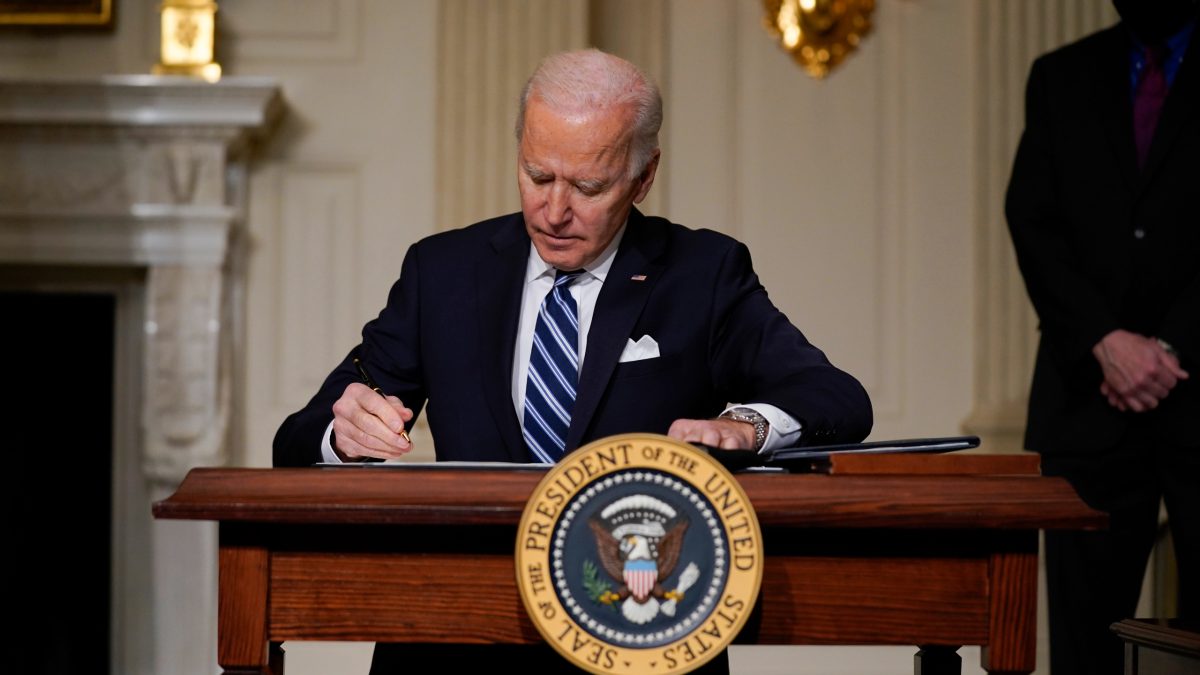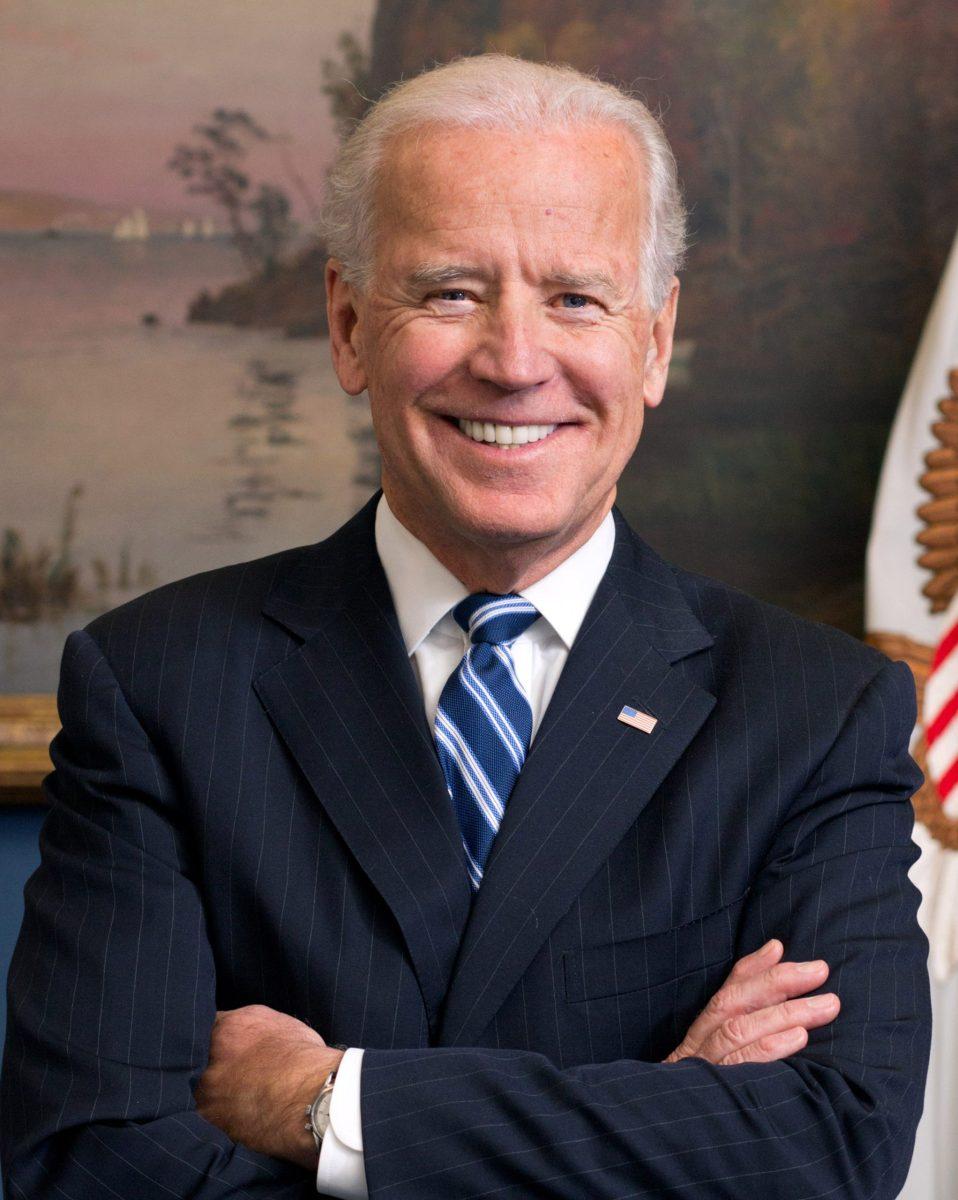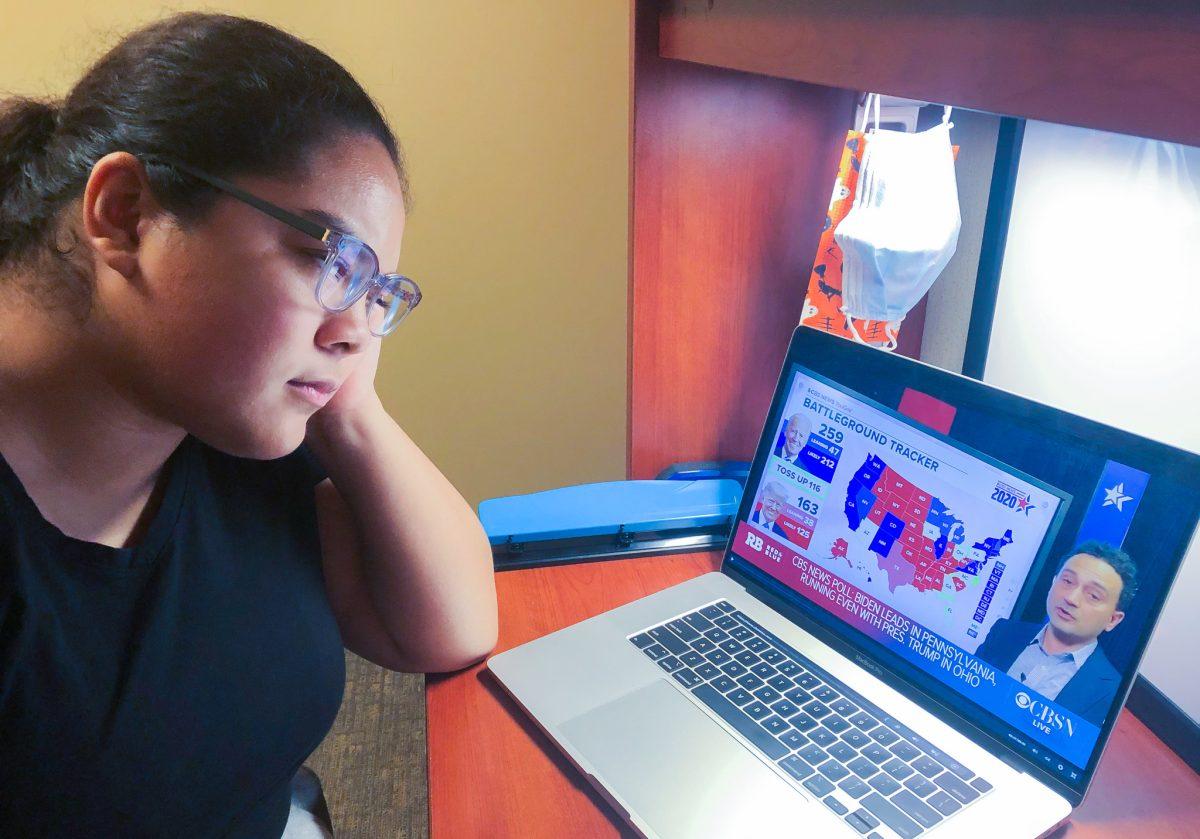The Murray Center for Women in Technology at NJIT works continuously to promote diversity and provide support for women on campus, but with the upcoming presidential election in November, they have also been directing their efforts toward motivating the young students of NJIT to get politically active. Thanks to the contributions of Director Dr. Nancy Steffen-Fluhr, Special Projects Manager Fran Sears, and Coordinator Kassandra Perez, there are many resources available for students to prepare for the upcoming presidential election.
The complexity of the government and its various policies can make it difficult for eligible voters to decide which candidate they want to support, and which issues deserve the most attention. The Murray Center aims to ease this confusion and help new voters navigate the upcoming election through events such as its Sept. 17 tabling event. Participants were given 20 chips — each representing one billion dollars — to divide between eight tubes, each representing a different issue: arts and innovation, homeland security, healthcare/medical research, environmental protection, defense, transportation/infrastructure, education/student loans, and affordable housing. Through this exercise, participants were encouraged to consider which issues they cared the most about to help evaluate candidate’s policies more critically. Event staff also handed out ‘Register to Vote’ stickers and provided information on how to do so, helping students get over the first big hurdle of voting — registration. On Oct. 11, the center will repeat the event alongside a registration drive to gather more new voters before the New Jersey registration deadline of Oct. 15. Whether registering on paper or by phone, the process has never been easier, so anyone who has yet to register should stop by the table before it’s too late.
For those who feel like their singular vote is not enough to voice their opinions or make a significant impact on legislation, the Murray Center staff will also be informing people on how to get in contact with local government officials and members of Congress to ensure that their voices are being heard. While a single vote is not enough to convey complex opinions, directly contacting officials can allow someone to draw more attention to an issue or push harder for specific legislation.
Even after registering to vote and determining the issues that personally matter to you, it can be challenging to decipher the positions of each candidate regarding the country’s most pressing issues. Additionally, when watching debates or rallies, it can be difficult to remember each candidate’s promises and proposed policies. The Murray Center plans on lifting the heavy burden of tedious research off young voters’ shoulders by compiling information regarding what the candidates have said, what they have promised, and what positions they take on four key issues — with education and student loans receiving the most chips, followed by healthcare and medical research, affordable housing, and environmental protection. This way, students can compare the candidates’ views with their personal opinions and develop more confidence in their final decision.
The Murray Center’s efforts stem from their fervent belief in the impact this generation can have on the election and the country’s future. However, motivating the newest generation of eligible voters has been complicated. As recognized by Dr. Steffen-Fluhr, the growing awareness of current issues through social media has generated despondence and cynicism toward politics among Gen Z youth. She notes, “It’s easy to get cynical…it’s hard to watch the news these days.” Still, she remains faithful to the idea that young voters can impact the outcome of elections. “We have every reason to believe that young people … really are going to make a difference in this election one way or another,” she says. The center’s unwavering efforts reflect their strong faith in the capability of young voters, so it is time to get politically active! Make sure to register to vote by October 15th. As Dr. Steffen-Fluhr warns, you don’t want to “lose your voice…[then] you’ll become mute.”

































